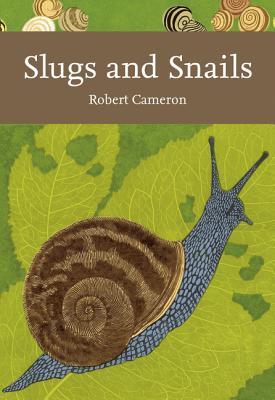
Part of Series
Dr Ford, the author of this fascinating volume on butterflies, was an enthusiastic butterfly collector in his youth. He was not only a professional biologist of great distinction but also brought his wide knowledge of genetics and evolution to bear on the problems arising out of his collecting. Thus he was able to see butterflies both as an absorbing hobby and as part of the great panorama of biology. The resultant book is an outstanding contribution to Natural History in the best sense of the term. Natural History is not something inferior to science – it is part of science, inviting an approach by way of field study. While, therefore, Dr Ford’s book contains a somewhat higher proportion of scientific history and technical ideas than most books on Natural History, this for the great majority of amateurs will be a stimulus rather than an obstacle, and throughout the author has kept in mind the needs of butterfly collectors and of all those who love the country in the hope that it may increase their pleasure by widening the scope of their interests.
Author

Edmund Brisco "Henry" Ford FRS Hon. FRCP (23 April 1901 – 21 January 1988) was a British ecological geneticist. He was a leader among those British biologists who investigated the role of natural selection in nature. As a schoolboy Ford became interested in lepidoptera, the group of insects which includes butterflies and moths. He went on to study the genetics of natural populations, and invented the field of ecological genetics. Ford was awarded the Royal Society's Darwin Medal in 1954. Later, in 1968, he was awarded UNESCO's Kalinga Prize for the popularisation of science. Ford was born in Papcastle, near Cockermouth, in Cumberland, England, in 1901. He was educated at Wadham College, Oxford University, graduating in zoology in 1924. Ford never married, had no children, and was considered decidedly eccentric. Non-academic information on his life is hard to come by, mostly consisting of scattered remarks made by colleagues. He campaigned strenuously against the admission of female Fellows to All Souls College. Miriam Rothschild, an outstanding zoologist, was one of the few women with whom Ford was on good terms. Rothschild and Ford campaigned for the legalisation of male homosexuality in Britain. Ford was on good terms with Theodosius Dobzhansky, who did ground-breaking work on ecological genetics with Drosophila species: they exchanged letters and visits. Ford has a Royal Society biographical memoir, but there are few other sources on his life. Ford's career was based entirely at Oxford University. A.J. Cain said he took a degree in classics before turning to zoology. Ford read zoology at Oxford, and was taught genetics by Julian Huxley. "The lecturer whose interests most closely reflected mine was Julian Huxley. I owe him a great debt, especially for inspiration... Even though Huxley was... only at Oxford from 1919 to 1925, he was the most powerful voice in developing the selectionist attitude there... I met Ray Lankester through E.B. Poulton. He was already an old man... but talked to me a good deal of Charles Darwin and Pasteur, both of whom he knew."


